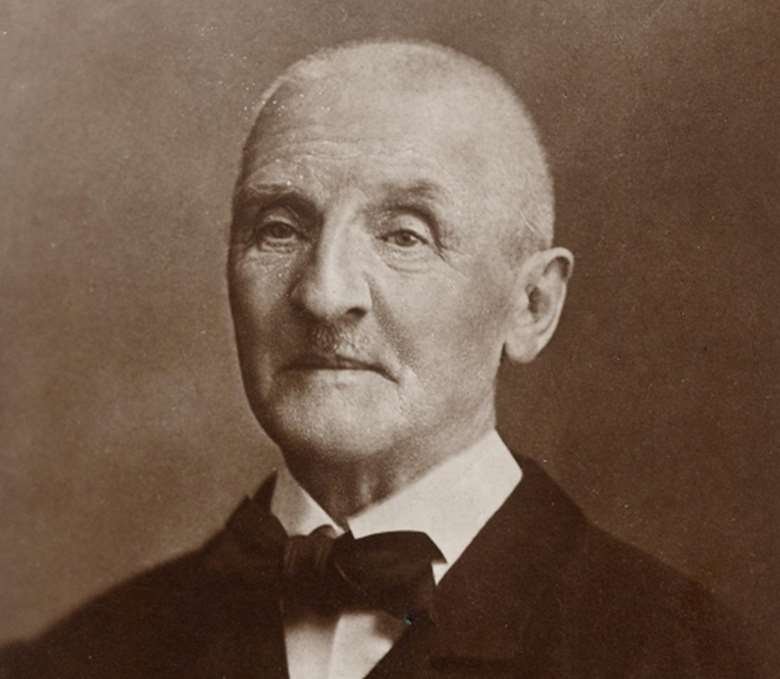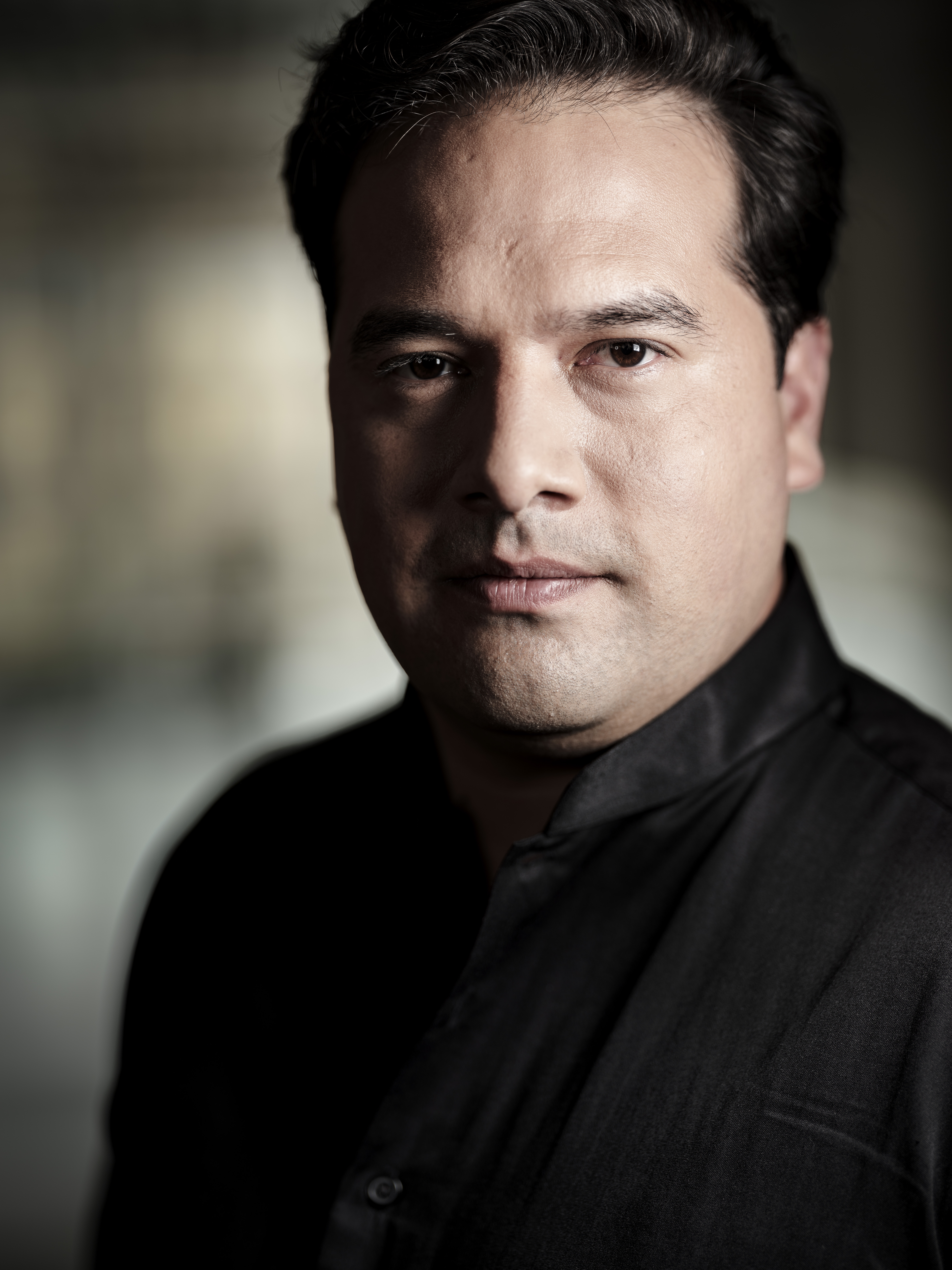Classical Music's Bruckner 200 round-up
Clare Stevens
Wednesday, February 14, 2024
As the classical music world celebrates the 200th birthday of Austrian composer and organist Anton Bruckner, Clare Stevens offers her guide to the events taking place across the UK in celebration of this musical giant

This year is the 200th anniversary of the birth of Anton Bruckner, on 4 September 1824 in the village of Ansfelden, near Linz, Upper Austria. He was a chorister and later organist at the nearby Augustinian monastery of St Florian; his motets and mass settings will no doubt appear frequently on the music lists of churches and cathedrals throughout 2024, but solo organ repertoire is limited to a handful of preludes and fugues, as Bruckner’s skill as a performer lay in improvisation. He found it difficult to commit himself to the act of writing music down, and his career as a composer of orchestral music was slow to develop. it was not until the age of 60, with the premiere of his seventh symphony in Leipzig, that he achieved true public recognition, and even then his lack of self-confidence meant that he was constantly revising his work.
"A composer who has lived for too long in the shadow of his contemporaries and whose moment has come"
Today Bruckner can be a bit of a ‘Marmite’ composer whose discursive symphonic music with its relentless string writing and lavish use of brass divides performers and audiences. As recently as 2000, when he took up the position of music director of the Hallé, Sir Mark Elder stated firmly, ‘You can be sure that one composer I won't be conducting is Bruckner, because I don't understand his symphonies; in fact, his music means nothing at all to me’. But five years later he told Lyn Gardner of The Independent that he had experienced a 'Damascene conversion', falling in love with the seventh symphony in a recording by Reginald Goodall and then discovering another way into Bruckner’s soundworld through a recording on period instruments by Philippe Herreweghe. The key was not Wagner, despite the close relationship between the two composers, but ‘the purity and naivety that is so moving in Schubert’.
Having deepened his appreciation by listening to a lot of Bruckner during the pandemic, Sir Mark will open the anniversary year by conducting the Symphony No 8 for the first time, initially on 29 February in the Bridgewater Hall, Manchester, with further performances in Nottingham Royal Concert Hall on 1 March and on 2 March at The Glasshouse International Centre for Music, Gateshead (GICM, formerly The Sage, Gateshead).

 Sir Mark Elder will conduct Bruckner's Eighth Symphony this month following a 'Damascene conversion' from not understanding the composer's work, to loving his music ©Groves Artists
Sir Mark Elder will conduct Bruckner's Eighth Symphony this month following a 'Damascene conversion' from not understanding the composer's work, to loving his music ©Groves Artists
The Glasshouse has placed itself firmly in the composer’s corner with its Big Bruckner Weekend, running from 1–3 March, which as well as the Hallé concert includes visits from the Royal Liverpool Philharmonic Orchestra and chief conductor Dimingo Hindoyan, performing the Symphony No 7 (which they will have performed at home in Philharmonic Hall, Liverpool, on 29 February) on Friday evening and the BBC Scottish Symphony Orchestra under Alpesh Chauhan, who will perform the unfinished Symphony No 9 on the Sunday afternoon (preceded by a home performance in Glasgow City Halls on 29 February). In between, the Royal Northern Sinfonia (RNS) Orchestra and Chorus (pictured below) with Durham University Choral Society will perform the ‘Great’ Mass No 3 on Saturday afternoon, conducted by Thomas Zehetmair, while on Sunday morning the string principals of RNS will explore Bruckner’s lesser-known String Quintet.
The weekend also includes pre-concert talks and discussions and concourse performances, with discounted day and weekend passes available, and will be compèred by Classic FM’s John Suchet, who describes Bruckner as ‘a composer who has lived for too long in the shadow of his contemporaries and whose moment has come … the original creator of the wall of sound’.
 (image courtesy of GICM)
(image courtesy of GICM)
Elsewhere, the Brass, Wind and Chorus of the Royal Scottish National Orchestra and conductor Stephen Doughty will spend the previous weekend 23-25 February performing the Mass No 2 in Greyfriars Kirk, Edinburgh, St Aloysius Church, Glasgow, and, in aid of the Beatson Cancer Charity, New Wellwynd Parish Church, Airdrie. Borunemouth Symphony Orchestra under the baton of Kirill Karabits brings the Symphony No 5 to The Lighthouse, Poole on 13 March and Portsmouth Guildhall on 14 March. The City of Birmingham Symphony Orchestra performs the Symphony No 7 in Symphony Hall on 25 April; conductor Markus Stenz sees the work as a spiritual journey, scaling sublime heights and heartrending depths, which he complements with Schumann’s dark, but deeply poetic violin concerto, played by James Ehnes.
Two nights later, on 27 April in the Bridgewater Hall, the Symphony No 5 is the focus of an interesting, Finnish-accented programme by the BBC Philharmonic, conducted by John Storgårds. It opens with Verdigris by Lotta Wennäkoski, followed by Sibelius’s En Saga. The BBC Scottish Symphony Orchestra, conducted by Ryan Wigglesworth, brings the Symphony No 7 to Snape Maltings, Suffolk, on 20 June in an Aldeburgh Festival concert that also includes Unsuk Chin’s cello concerto played by Alban Gerhardt.
In London, the London Philharmonic Orchestra performs the same symphony on 6 April in the Royal Festival Hall, conducted by Paavo Järvi, who chooses to pair it with Stravinsky’s violin concerto, played by Leila Josefowicz. On 9 May, also in the Royal Festival Hall, the Philharmonia performs the Symphony No 9, conducted by Manfred Honeck, with Alexandre Kantorow playing Liszt’s second piano concerto No 2 in the first half. On 1 July the Wigmore Hall offers something different in a lunchtime concert by members of the Royal Concertgebouw Orchestra of Amsterdam: a chamber arrangement of the sixth symphony by Rolf Verbeek, whose recording of a similar version of the seventh symphony received high praise.
Finally, if you fancy exploring Bruckner’s Austrian homeland as well as his music in this bicentenary year, you can find a wealth of events which you can find out more about here.

